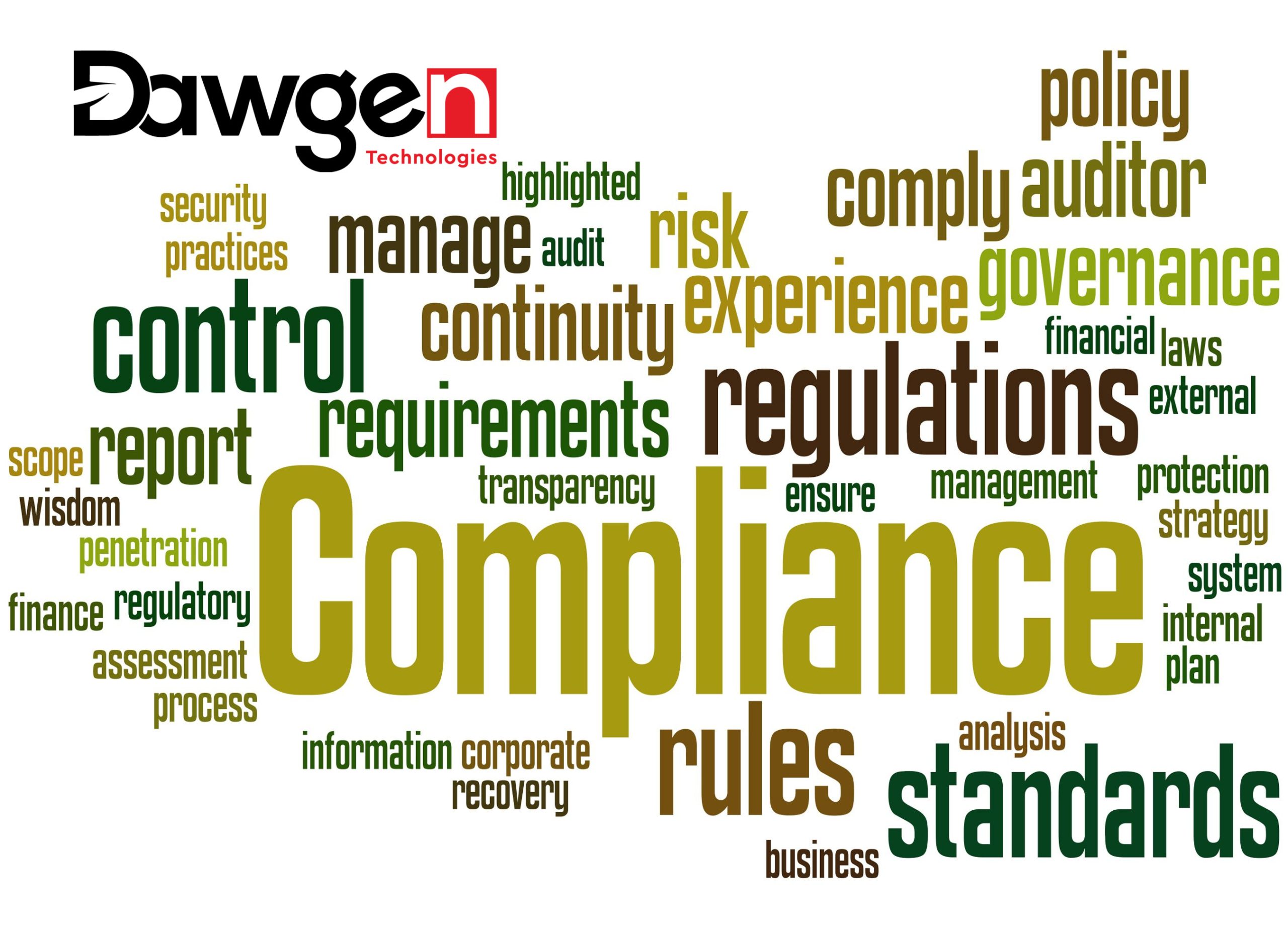
Management system audits are integral to ensuring that organizations adhere to specified standards and continuously improve their processes. ISO 19011:2018, the international standard for auditing management systems, provides a robust framework for conducting effective audits. This article delves deep into the nuances of this standard, offering an insightful guide to the auditing process, from planning to report preparation.
Understanding ISO 19011:2018
ISO 19011:2018 is the guiding light for auditors globally, outlining principles, managing an audit program, conducting management system audits, and guiding the evaluation of competence of individuals involved in the audit process. It applies to a variety of management systems, including quality, environmental, and other internal or external audit applications.
The Auditing Process
Planning the Audit: The foundation of a successful audit lies in meticulous planning. This involves defining objectives, scope, and criteria of the audit. It’s critical to understand the organization’s context, processes, and risks. Auditors should develop an audit plan, considering resources and logistics, to ensure a systematic approach.
Conducting the Audit: Execution begins with an opening meeting to outline the audit’s scope and objectives. Auditors gather information through interviews, observation, and document reviews. Objectivity and impartiality are key, as auditors collect and verify evidence to determine conformity with the audit criteria.
Preparing Audit Reports: Post-audit, findings are compiled into a report that presents evidence-based conclusions. This report should be clear, concise, and provide value to the audited organization. It identifies nonconformities, potential improvements, and areas of good practice.
Qualities of an Effective Auditor
Dr. Dawkins Brown, the Executive Chairman of Dawgen Global, emphasizes that “An effective auditor does not just possess technical knowledge but embodies a balance of professionalism, ethical conduct, and a keen eye for detail.” Indeed, a good auditor should have:
Knowledge: Thorough understanding of audit principles, procedures, and techniques, as well as the relevant management system standards.
Skills: Ability to communicate effectively, gather information, analyze and draw objective conclusions.
Behavior: Auditors must exhibit traits like ethical conduct, open-mindedness, and diplomatic sensitivity.
Management system audits, as outlined in ISO 19011:2018, are more than mere compliance checks. They are a journey towards organizational excellence. With the right blend of knowledge, skills, and behavior, auditors can not only assess compliance but also illuminate paths for continuous improvement. This standard, therefore, stands as a beacon for auditors, guiding them through the intricacies of the auditing process.

